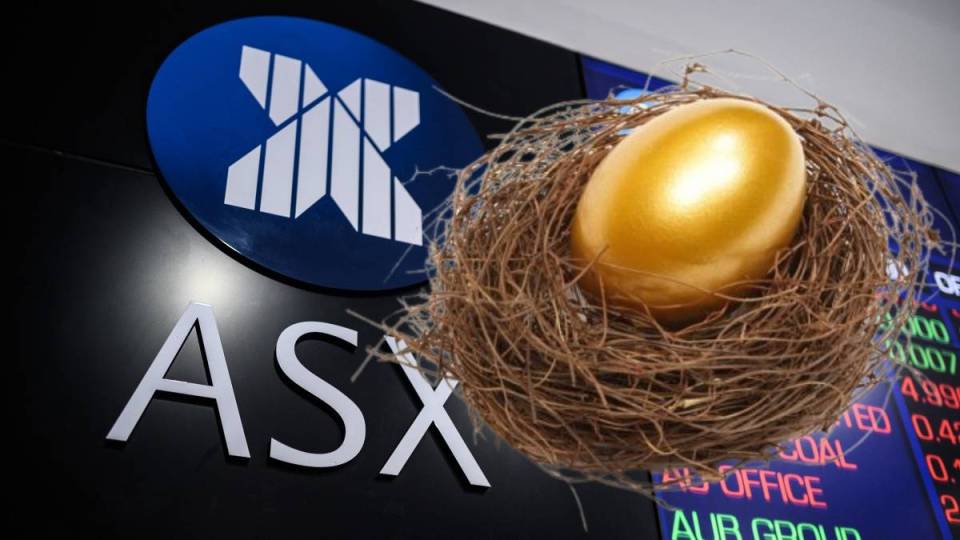


Question 1
I am making pre-tax salary contributions to my super. Is it worth continuing these in the current unstable market shares tanking?
Yes, it is. Let me elaborate.
Dollar-cost averaging is a well-known investment principle. This involves investing the same amount of money at regular intervals over a certain period of time, regardless of price.
The benefits include reducing the impact of market timing, mitigating emotional investing and encouraging disciplined saving. It can also help lower the overall cost basis of an investment and potentially minimise losses during market downturns.
It helps you with the saying “buy low and sell high”. Well, with the buy low part anyway.
For example, let’s say you invest $100 every month and the unit price of the investment is $1. You get 100 units. But if markets are down and the units are worth only $0.80, you get 125 units for that month. You are buying more at a cheaper price.
Of course, this works only if the unit price goes back up again. We don’t know when that will be, but I’m confident over a long period this will be the case.
Your employer super guarantee contributions is another form of dollar-cost averaging into the market.
What is the risk of investing in super?
Yes, the money you put in could be worth less shortly after. However, history tells us that if you are prepared to stay the course, over the long term this pays off.
To that point, the table below shows the annual long-term performance of super funds. Its important to re-iterate, don’t get caught up in short-term market movements, look at staying invested over the long term.
You also need to look at the risk of not investing and your money being eroded by inflation and losing its purchasing power.
Contributing from pre-tax salary reduces your taxable income and therefore your income tax liability for the year.
Question 2
I am single and turn 67 in six months. At present I work three days a week on minimum wage.
I have $400,000 in a pension fund, for which I take the minimum 5 per cent a year to help with expenses. I also have a super fund of $295,000. I plan to withdraw $50,000 to help with home maintenance.
Should I consolidate into one super fund to reduce fees? And will I be eligible for a part pension if I still want to work two days a week?
Thank you.
Centrelink uses an income and assets test, so whichever gives you the lower benefit would apply.
Given your level of assets, and if you work only two days a week on minimum wage, and that the “work bonus” reduced how much is counted under the income test, the asset test would be applied.
Let’s say that after home maintenance costs you have about $650,000 left in assets. You would receive a part pension of approximately $140 a fortnight.
Excluding investment management fees, which should be similar from accumulation to pension, most super funds charge only a small admin fee of, say, $1-$2 a week. Some may also charge a percentage-based admin fee of about 0.10 per cent to 0.25 per cent.
Therefore, it won’t cost you much to retain an accumulation account. If still working you will, of course, have to have an accumulation account to accept employer super payments.
Question 3
I am an Australian and New Zealand citizen. I have lived in Australia since early 2011, and before that from mid-1999 to 2008.
I have about $250,000 in an Australian superannuation fund. I intend to retire in a few years at 69.
I believe that I will qualify for the full Australian pension. My understanding is that I could live in NZ after retirement and still receive an Aussie pension (but not the NZ pension).
I have read that the NZ government would tax some of my Aussie pension payments or some of my Aussie superannuation payments – is that correct?
Yes, it sounds like you would qualify for the Australian age pension (less some supplements).
Australia would not tax your super payments.
In relation to New Zealand, there are some exemptions for Australian payments but you would need to confirm with New Zealand’s inland revenue office how this would be applied to you.
Craig Sankey is a licensed financial adviser and head of Technical Services and Advice Enablement at Industry Fund Services.
Disclaimer: The responses provided are general in nature, and while they are prompted by the questions asked, they have been prepared without taking into consideration all your objectives, financial situation or needs.
Before relying on any of the information, please ensure that you consider the appropriateness of the information for your objectives, financial situation or needs. To the extent that it is permitted by law, no responsibility for errors or omissions is accepted by IFS and its representatives.










